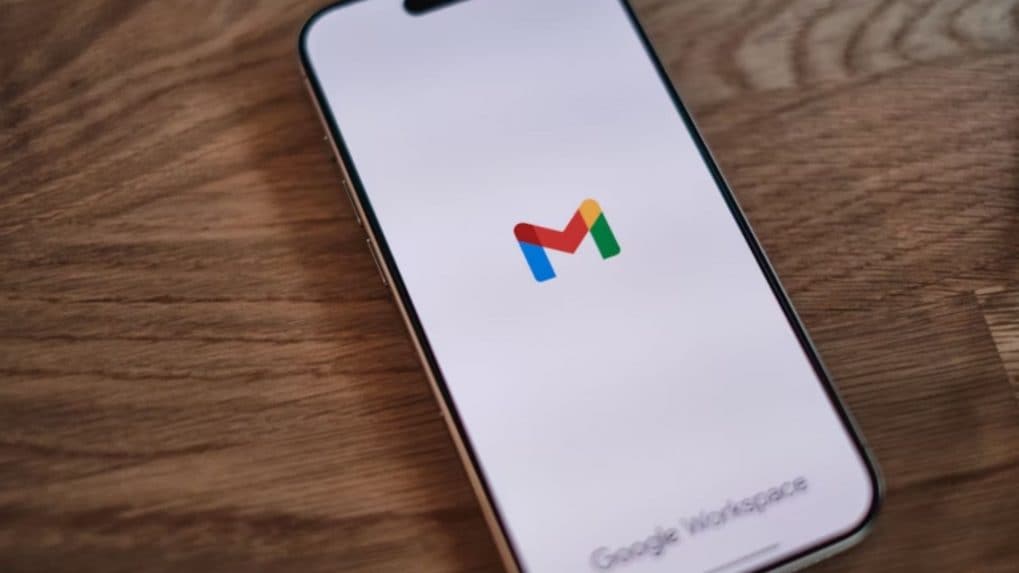Advertising
Layoffs in Adland: Omnicom's acquisition of IPG nears finish line. But at what human cost?

The Federal Trade Commission (FTC) is setting its sights on Google, with FTC Chair Andrew Ferguson expressing concerns that Gmail’s spam filters may be unfairly targeting political emails. In a recent letter to Alphabet CEO Sundar Pichai, Ferguson suggested that the company’s email administration is “designed to have partisan effects.” This comes after reports claimed that Gmail routinely flags emails from Republican senders as spam, including those from the fundraising platform WinRed, while not doing the same for Democratic senders.
Ferguson's letter warned that if Gmail's filters are preventing Americans from receiving expected speech or donating as they see fit, it could constitute an “unfair or deceptive trade practice” under the FTC Act. This could lead to an FTC investigation and potential enforcement action. The concerns were initially brought to light by Targeted Victory, a consulting firm that has worked with the Republican National Committee (RNC).
Google's Response and Broader Context
In response to the allegations, a Google spokesperson stated that Gmail’s spam filters are based on “a variety of objective signals,” such as whether users mark emails as spam, and that the system is applied “equally to all senders, regardless of political ideology.” They added that the company will review the letter and looks forward to a constructive engagement.
This is not the first time Google has faced such claims. Conservatives frequently allege that they are being censored by digital platforms. In 2023, the Federal Election Commission (FEC) dismissed a similar complaint from Republicans, and a federal court also dismissed a lawsuit with the same complaints from the RNC, which is now reportedly reviving the lawsuit. The controversy highlights the ongoing tension between tech platforms and political groups over perceived bias and the control of digital communication.
According to LinkedIn’s research with over 1,700 B2B tech buyers, video storytelling has emerged as the most trusted, engaging, and effective format for B2B marketers. But what’s driving this shift towards video in B2B? (Image Source: Unsplash)
Read MoreIndia’s parliamentary panel warns fake news threatens democracy, markets and media credibility, urging stronger regulation, fact-checking, AI oversight and global cooperation.